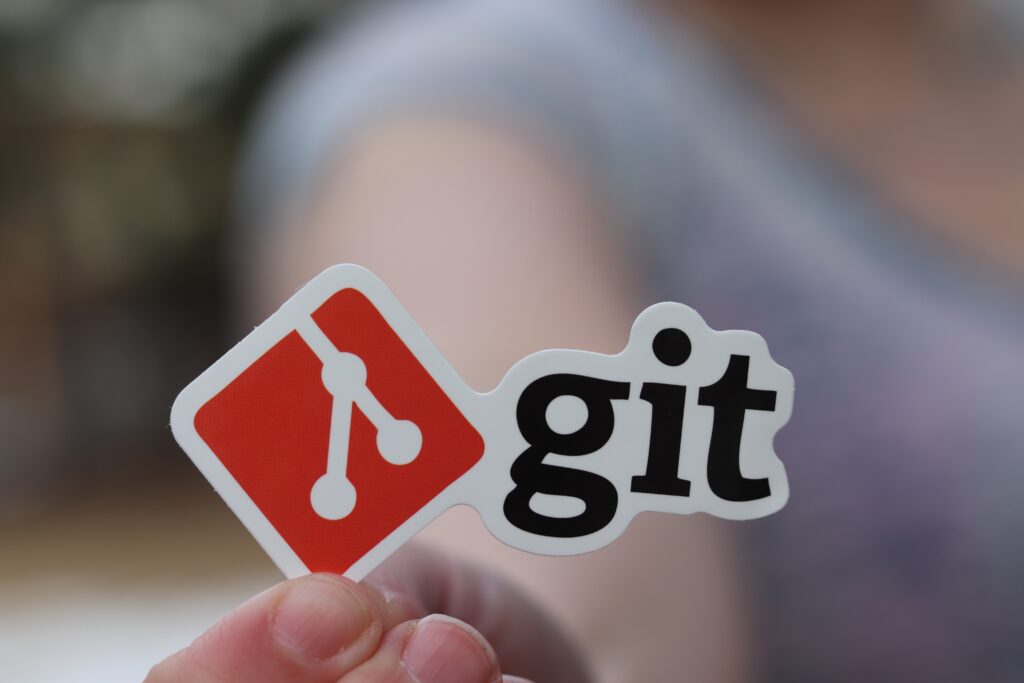Version control is an essential aspect of modern web development, enabling developers to track changes, collaborate efficiently, and maintain code integrity. This article explores the powerful combination of Git and GitHub, providing web developers with an in-depth understanding of their benefits and the reasons to master these tools.
Understanding Git: The Fundamentals
Git is a distributed version control system designed to handle everything from small to large projects with speed and efficiency. It allows developers to keep track of changes in their codebase, create branches for experimentation, merge changes from different sources, and easily roll back to previous versions if needed.
The core concepts of Git include repositories, branches, commits, and merges. A repository, or repo, is a collection of files and folders that make up a project. It acts as a central hub where developers can store, organize, and collaborate on their code. Branches are independent lines of development within a repository, allowing developers to work on different features or bug fixes concurrently. Commits are snapshots of the code at a specific point in time, representing a particular set of changes. Merging combines different branches or commits into one, incorporating the changes made in each.

With Git, developers can work offline and independently on their local machines, making it highly flexible. Git also provides powerful commands and features to facilitate collaboration, such as push, pull, and fetch, which allow developers to synchronize their local repositories with remote repositories hosted on platforms like GitHub.
What is Git and GitHub
Git is a distributed version control system that allows developers to track changes, create branches, and merge code seamlessly. It provides a decentralized structure, enabling multiple developers to work on a project simultaneously. GitHub, on the other hand, is a web-based hosting platform that leverages Git. It offers features like repositories, issue tracking, and collaboration tools.
Why Git and GitHub are Crucial for Developers
Git and GitHub have become the industry standard for version control and collaboration in web development. They provide a robust and efficient workflow, ensuring code integrity, easy collaboration, and effective project management. By using Git and GitHub, developers can work on projects from anywhere, collaborate with team members, and easily track and revert changes when needed.

How does it help in the Develpment
Git and GitHub streamline the development process by enabling developers to work on separate branches, merge changes seamlessly, and track progress. They facilitate efficient collaboration by allowing team members to review and comment on code, propose changes, and resolve issues using pull requests. Moreover, Git and GitHub provide a centralized platform for documentation, issue tracking, and project management.
Advantages of using Git and GitHub
Using Git and GitHub brings numerous advantages to web developers. It ensures code integrity and accountability through version control, allows easy branching and merging for parallel development, and provides a clear audit trail of changes. GitHub’s features like issue tracking, project boards, and pull request reviews enhance collaboration and project management, while the platform’s popularity and community support offer opportunities for learning and contribution.
Why should you learn Git and GitHub?

Learning Git and GitHub is a valuable investment for web developers. These tools have become industry standards and are widely used in open-source projects and professional environments. Mastering Git and GitHub enhances your development skills, improves collaboration with other developers, and makes you more adaptable to different projects and workflows. It also demonstrates your ability to work with distributed teams and showcases your commitment to code quality and version control best practices.
Conclusion
Mastering Git and GitHub is essential for web developers seeking efficient version control, seamless collaboration, and streamlined project management. By understanding the core concepts of Git and leveraging the powerful features of GitHub, developers can enhance their productivity, code integrity, and teamwork. Learning Git and GitHub opens doors to new opportunities, strengthens professional capabilities, and positions developers at the forefront of modern web development practices. Embrace version control with Git and GitHub, and take your web development skills to the next level.
FAQs
Q: What is the difference between Git and GitHub?
A: Git is a distributed version control system that allows developers to track changes and manage code repositories locally. GitHub, on the other hand, is a web-based hosting platform that leverages Git and provides additional collaboration features like repositories, issue tracking, and pull requests.
Q: Why is version control important in web development?
A: Version control allows developers to track changes, manage code versions, and collaborate efficiently. It provides a history of changes, enables easy rollbacks, facilitates parallel development, and promotes code integrity and collaboration among team members.
Q: How does Git and GitHub help in the development process?
A: Git and GitHub streamline the development process by providing features like branching and merging, allowing parallel development, facilitating code reviews and collaboration through pull requests, and providing a centralized platform for issue tracking, project management, and documentation.
Q: What are the advantages of using Git and GitHub?
A: Using Git and GitHub offers numerous advantages, including easy code versioning and rollback, efficient collaboration among developers, clear audit trails of changes, centralized project management, code review capabilities, and opportunities for learning and contributing to open-source projects.
Q: Why should I learn Git and GitHub as a web developer?
A: Learning Git and GitHub is crucial for web developers as they are widely adopted tools in the industry. Mastering these tools enhances code management, collaboration, and project organization skills. It also demonstrates professionalism, adaptability, and a commitment to best practices in version control and code integrity.

